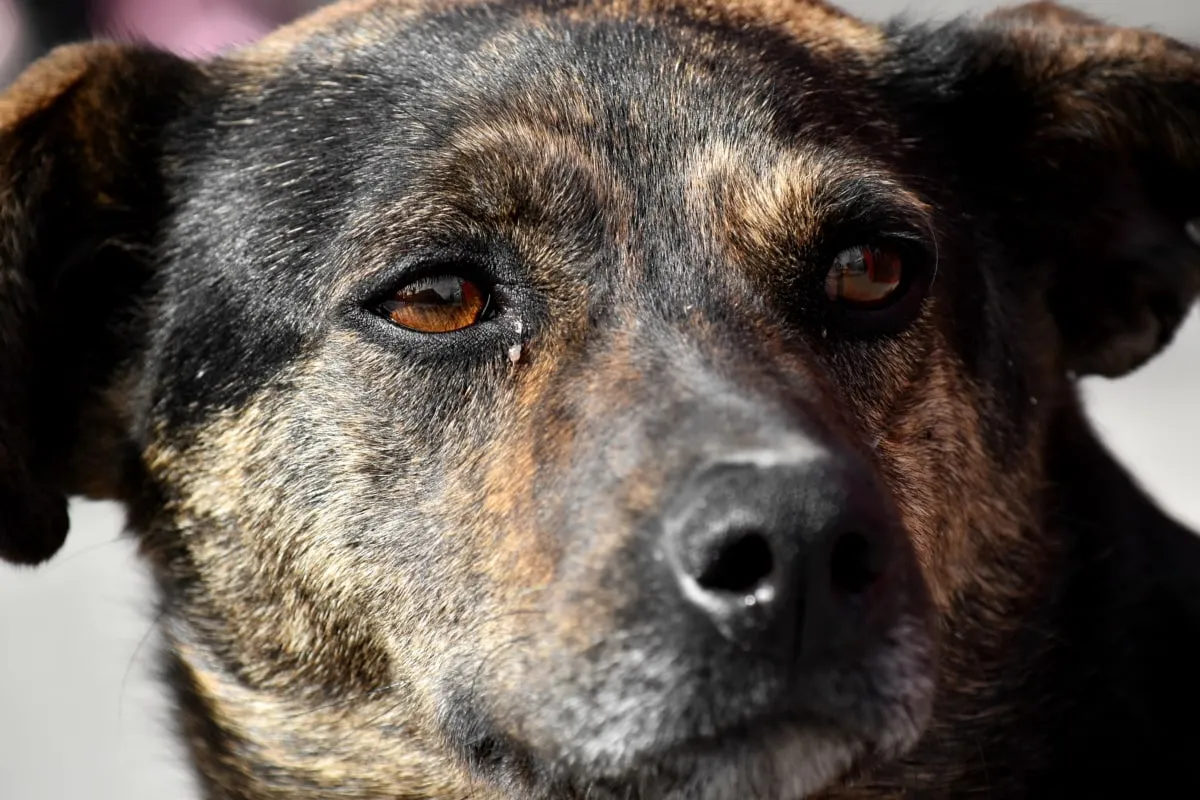I insist on the stories because I can't let it go. Here's one I can't tell you about. It's not pretty and there's no happy ending. Still, I hope you like it.
My story wants to participate in the challenge that the Ink Well Community has proposed to the writers of Hive. It's an opportunity that deserves to be appreciated, because beyond the contest, there are opportunities to learn a lot about writing.
I leave some links of interest:
The Ink Well Writing Challenge | Season 2 Week 4
Writing Tip of the Week #31: PART 1 - Don't Write This Kind of Mystery
--


In his dream, his mother was teasing him (just a little). "When you're right, you're right, Julius," and she laughed. She and he had been a beautiful team, in those days before the end of the world.
Julius counts the treasures found today: a package of cookies, two bottles of beer, powdered soup. He's had worse days. He could look for a little more, but he's tired. On days like this, he prefers to take refuge in a house (no bodies, please, and no snakes), and search the computers. The dog has done better, he has caught a rat.
Choose a small house, which probably belonged to a single man. Although all the food in the cupboards is damaged, there is nothing more alarming in the house than dust and cobwebs.
On the computer he finds some interesting files: birthday videos, a huge amount of tutorials, some homemade pornography (which leaves him a little desolate afterwards). Luckily, there is also a collection of car accidents. For over an hour he indulges in the thrill of watching people narrowly escape death. He laughs; he screams. He has a good time.
When the euphoria of the beers fades, he notices the dog's scandalized look. The ribs stand out under the hirsute coat. The truffle is extraordinarily black. Julius ignores everything about this animal and about dogs in general. He barely remembers when they met.
He thinks he saw it for the first time on a farm. He remembers bits and pieces of days on that farm, long ago. The world had already ended, of course. Before the final day, Julius had been away from home only rarely, and always in the company of his mother. His memory has worsened since then. He has also learned not to remember. It is better that way.
The dog began to follow him when he left. At first, the dog's constant gaze made him uncomfortable, but then he discovered that he needed it. Even so, he has never given it a name. Julius thinks those habits were fine before. Not anymore.
Now, Julius falls into a heavy sleep. Then he dreams or remembers.
In the dream (or memory) his mother laughs. She has a loud, long laugh. His mother is a strong, thundering woman. She is also a fierce mother. Even Julius realizes that the neighbors are a little afraid of her. Sometimes she says more than she should, sometimes she drinks more than she should and gets drunk. Then the gift of the eye (that's what she calls it) comes to her and reveals the torments. She sees people dying in horrific ways. She cries. She calls to him.
"Don't go away, Julius. You are right. Damn it!"
The dog's panting takes him out of the scene.
The dog has climbed into the bed and watches him with his watery brown eyes. He can't tell, but suspects he's been talking in his sleep; screaming, maybe.
The dog smells worse than he does. It is a wet stench of dirty fur and urine. However, its body emanates a pleasant warmth. It comforts him, even when its proximity makes him uncomfortable.
He gets out of bed to get away from the animal. Then, the dog also gets off the bed and follows him.
Julius notices that the dog has grown. He has also lost some fur. He realizes that he has never heard him bark. When they go out to the street, the dog sneaks out through a backyard, perhaps to look for his food. Julius heads to a small store that he couldn't loot the day before. He may now be able to break in and get his booty.
He focuses on this work to avoid the images of his dream (or memory) that come back with distressing ease.

Source
The raid is rewarded with painkillers for headaches, boxed wine, beautiful cans of meat, mints, a flashlight... With a happiness that he himself recognizes as foolish, he eats beans and cold meat, directly from the cans. He swallows a couple of pills with the wine, which tastes like cardboard. With his loot in his bag, he decides it's time to leave. If he is right ―"When you are right, you are right", his mother mocks from a corner of his memories (or dreams) ―, after a few kilometers of road he will find another town similar to this one. A town of corpses and rats. So far he hasn't been wrong, but a thin thread of expectation is still intact. Anyway, he has nothing better to do.
The road stretches out to the yellow glow of the horizon. The sun shines through a clear sky. Julius walks as if he were strolling, without hurry; without pause. Then he feels a dull, sad pain like a small burning spot on his chest. He could run his finger along its edge. The stain grows and gains volume. It fills your rib cage and threatens to make your ribs pop out. He doesn't have to look back to know. The dog does not follow him.
Julius puts one foot in front of the other. Maybe it's better that way. He breathes.
"When you're right, you're right," his mother mocks from a corner of his memories (or dreams).
The sky is a blue, clear, infinite canvas. It is like his loneliness.
